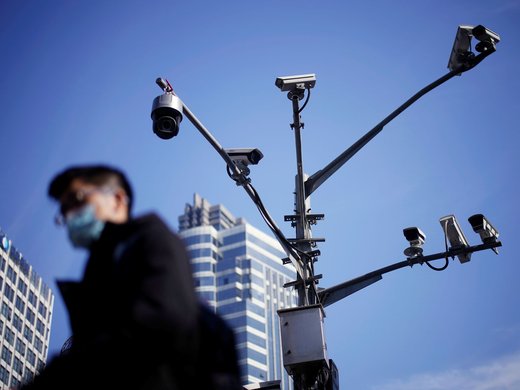Smart cities need high-quality data from public spaces in order to succeed. Significant growth is expected in the number of Internet of Things devices installed in public spaces; however, there is a lack of interoperability standards to manage this data. Although big data initiatives in smart cities are designed to improve citizens’ quality of life, data collected in public spaces can also erode fundamental rights and freedoms. Social acceptance is critical for these initiatives to succeed and new voluntary standards asserting that data captured in public spaces is a public good are needed. Standards would frame approaches to engage citizens on acceptable levels of monitoring and surveillance in public spaces and define interoperability requirements for data collection, access and secondary uses by third parties.


